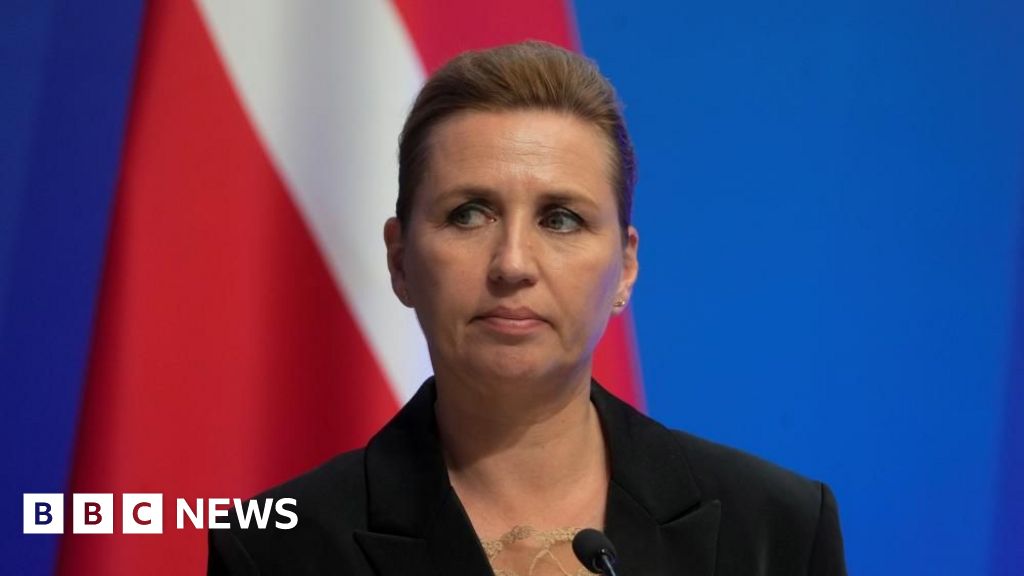Students Fight for Contraceptive Access at Catholic Universities
CHICAGO (AP) — College student Maya Roman has mastered the covert delivery of contraceptives at DePaul University, which prohibits any form of birth control on campus. Guided by a text message, students can retrieve a paper bag filled with condoms and Plan B emergency contraception from a designated site.
Following the revocation of their official status as a student organization, the group, previously aligned with Planned Parenthood, now runs an underground service called 'the womb service.' As reproductive health resources diminish, especially in Catholic institutions where many restrict access to contraceptives, student-led initiatives are crucial.
Activists, like Roman, are determined to bridge the gap in sexual health support, asserting that students from all backgrounds deserve the right to make informed choices about their reproductive health. Programs at other schools, such as Loyola University and Notre Dame, demonstrate a nationwide trend of students increasingly taking action against administration policies that hinder their reproductive freedom.
Rising Administrative Resistance
While federal and state regulations tighten around reproductive services, the push for access persists. In Illinois, legislation has been enacted to enhance contraceptive availability at public institutions, yet many private Catholic colleges remain resistant. This creates a challenging environment for student organizers, who navigate complex social and administrative landscapes in pursuit of wider access.
As the movement grows, so does the determination of students to advocate for their rights, leading them to create new organizations like 'Students United for Reproductive Justice' at DePaul. They are committed to continuing the fight for contraceptive access on campus, illustrating resilience within a challenging community.
Roman speaks to the broader implications of this work, noting the importance of bodily autonomy and the life-altering potential of accessible reproductive health care. With ongoing efforts aimed at expanding access across various campuses, student activists are not only addressing immediate needs but also striving to catalyze lasting change.











